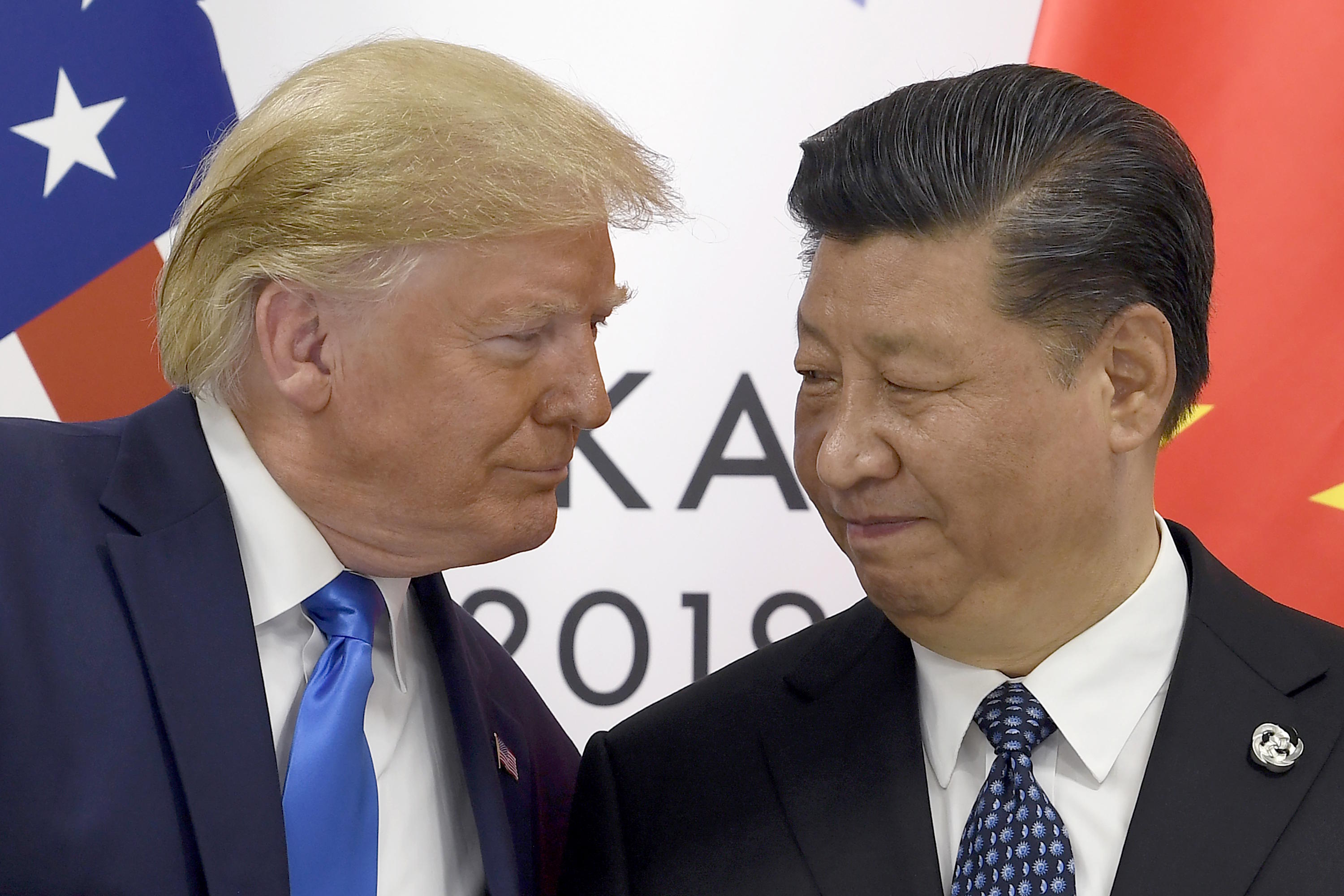After the start of a trade war 2.0 between the two global superpowers, exchange of tariff blows, and agreeing on a weak temporary truce, US President Donald Trump and his Chinese counterpart, Xi Jinping, had an anticipated call on Thursday.
The news was first reported by the Chinese state news agency Xinhua, stating that the conversation was at Trump's request. Later, it was Trump who confirmed having a "very good phone call" with Xi to "correct the course."
"The call lasted approximately an hour and a half and has been very positive for both countries," emphasized Trump, detailing that, to progress in the trade agreement, their teams will "meet soon at a location yet to be determined."
In early May, after two intense days of negotiations in Switzerland, Washington and Beijing agreed to drastically suspend most tariffs imposed since April 2. The agreement reduced the additional US tariffs on Chinese products from 145% to 30%, while China's retaliatory tariffs dropped from 125% to 10%.
Following Thursday's call, Trump noted that the discussions had focused entirely on trade, and President Xi invited him, along with the First Lady, to visit China, adding that he "accepted the invitation."
The last known conversation between Trump and Xi took place in January, a couple of days before the Republican's inauguration. However, in the last two months, the US President claimed to have had a few chats with the Chinese leader, something that Beijing consistently denied. The last time they met face-to-face was in June 2019, during a G-20 meeting in Japan.
Trump has been pushing for resolving the trade dispute directly in a face-to-face meeting with Xi. However, Beijing prefers to stick to its traditional approach of having negotiators from both sides lay the groundwork for an agreement, leaving nothing to chance - especially considering Trump's unpredictable nature - in a future meeting between the two leaders.
"The Chinese people always keep their promises and act with integrity. Since a consensus has been reached, both parties should abide by it. The US side should realistically consider the progress made and withdraw the negative measures imposed on China," read the statement released by the Chinese side. "Xi Jinping once again welcomed Trump's visit to China, and Trump expressed his sincere gratitude," it concluded.
In the past two weeks, tensions escalated after both sides accused each other of violating the trade agreement reached in Geneva. US Secretary of State Marco Rubio announced the start of revoking visas for Chinese students, including "those with ties to the Chinese Communist Party or studying in critical fields."
The US also suspended some sales to China of components and software used in jet engines and semiconductors, in response to new restrictions from Beijing on mineral exports.
Beijing dominates the global supply of many critical minerals and almost monopolizes the rare earth industry (a group of 17 metals abundant on Earth's surface, mostly heavy metals), with China being the main refiner and producer of components essential in various civil and military technologies. According to a report by the International Energy Agency, China accounts for 92% of the world's refined rare earth production.
In recent years, Xi's government has tightened controls on the export of elements highly demanded by manufacturers of advanced technology, playing this winning card during the trade war initiated by Trump, tightening restrictions as the US imposed tariffs.
In China's interpretation of the conversation between Trump and Xi, a paragraph stands out requesting the US to "handle with caution" the Taiwan challenge, the self-governing island that China considers a separatist province. This statement was in response to the incendiary remarks made last weekend by US Defense Secretary Pete Hegseth at a security forum in Singapore.
The Pentagon chief warned of the "imminent Chinese threat," suggesting that the Chinese military might be preparing an invasion of Taiwan. In Thursday's statement summarizing the talk between the two presidents, China urged caution to Washington so that "marginal separatists committed to Taiwan's independence cannot drag China and the US into dangerous confrontation or even conflict."
